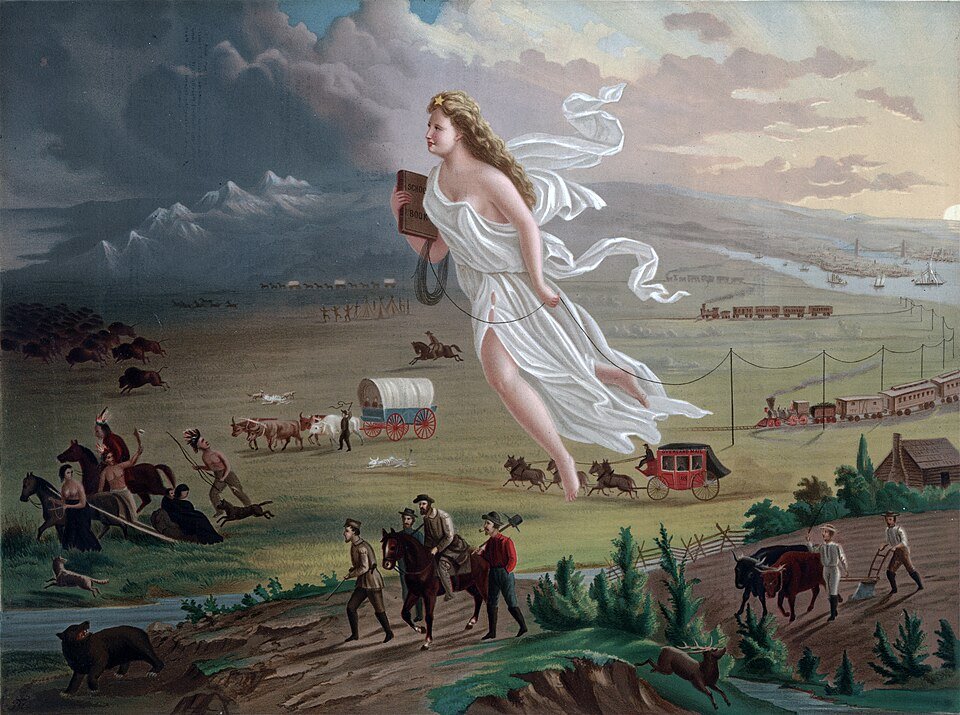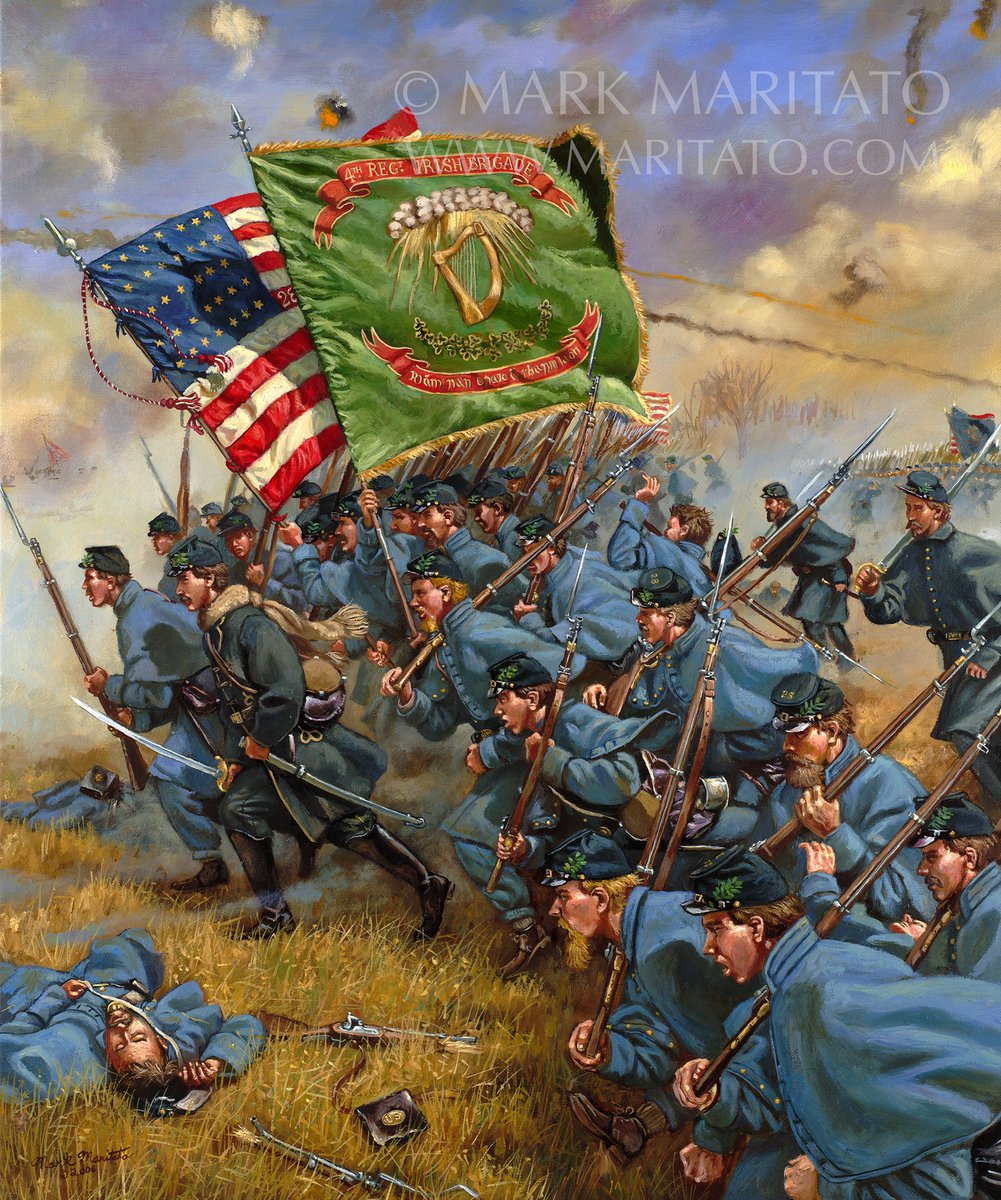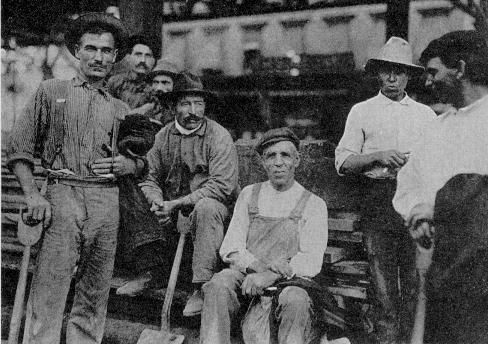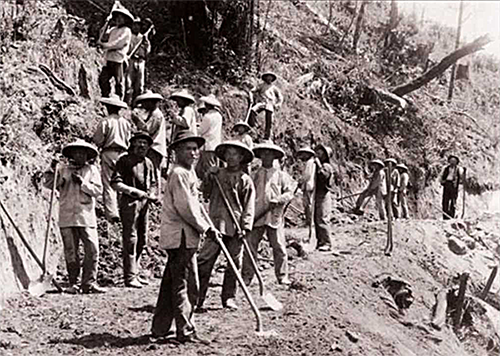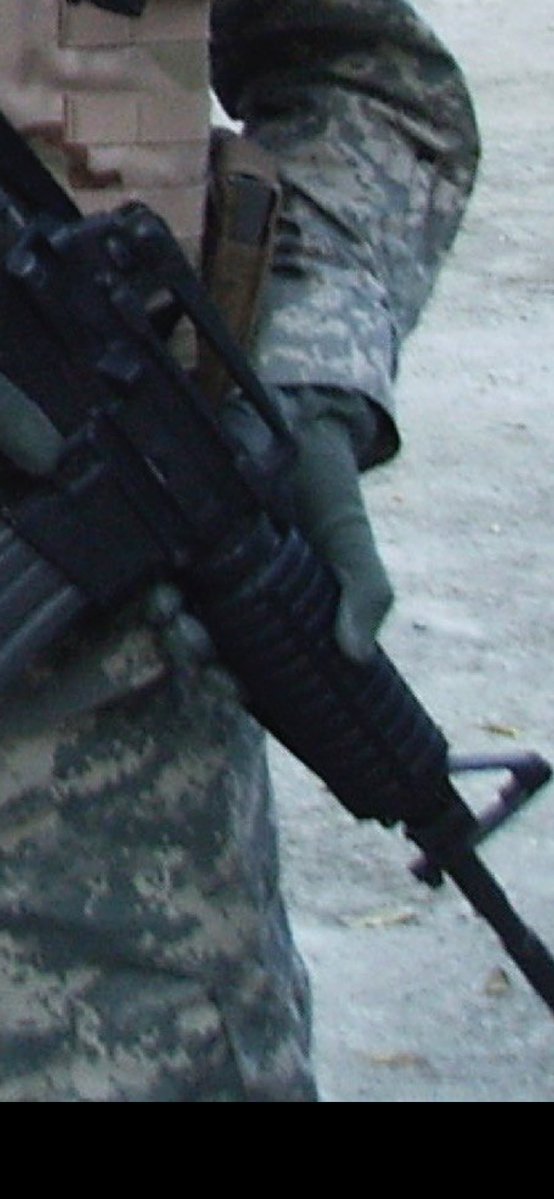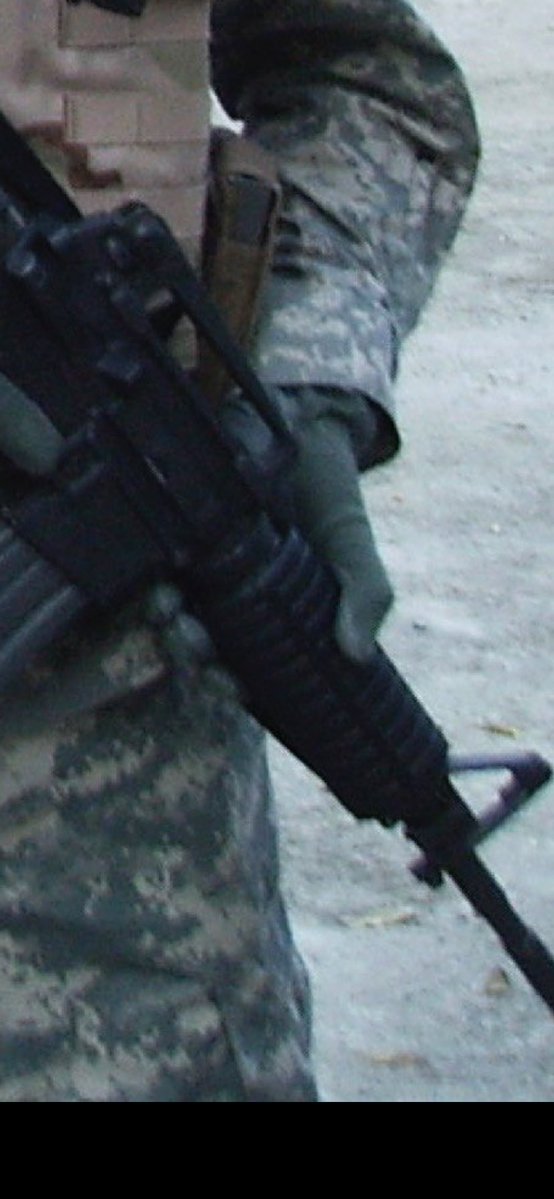Thanksgiving is a truly American holiday. Where Americans reflect and give thanks for the incredible fortune we have enjoyed. It is the dinner, the gathering of family around a meat which makes thanksgiving special, but it has given rise to a new tradition, the Friendsgiving. 

1/ Like many of you, I spent many Thanksgivings far from my blood family, sometimes sharing an MRE in an 1151 off Tampa, eating off a paper plate at NTC, or spending it with other homesick expats all over the world. 
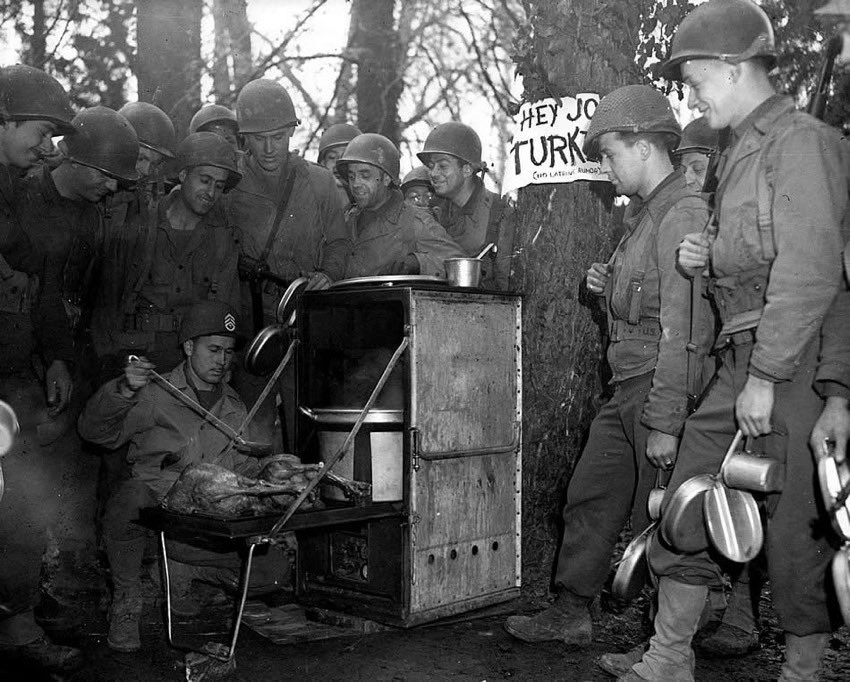
2/ For me, “Friendsgiving” started before the trend, and for over a decade I spent more thanksgivings with friends and my adopted brothers than I did with my blood family.
3/ It is these Thanksgivings that in retrospect mean the most to me, because they weren’t the obligatory family gathering, they were people we chose to spend the evening with. 

4/ Inviting non blood relations into our homes and feeding them from our tables is one of the most intimate and nurturing things we can do.
This attraction towards supping with our friends is rooted in our history.
This attraction towards supping with our friends is rooted in our history.

5/ From the days of Pliny the Younger witnessing early Christian Agape Feasts to frontier trappers gathering around a strangers fire to get out from the cold, the tradition of dining with those we are not forced to was once strong in the West. Somehow along the way we lost it. 

6/ As we shifted towards a life of consumerism we often preferred the ease of eating in restaurants and meeting in bars. Public places are a crutch of formality, and reduce the intimacy of dinner at home in a society increasingly shying away from close interpersonal contact. 

7/ And while the food at a restaurant may taste better, it will never match home cooked meals, the sense of accomplishment they provide and collegial participation of accomplishing something together. 

8/ The imagery of close, friends and neighbors gathered around a home table, talkin, bonding and getting to know one another is the very basis of our culture. 

9/ Unique to the spaces of the American frontier, finding another Christian home was paramount in the vast and hostile distances one traveled. 

10/ We talk a lot about forming bonds and creating networks, but one of the best ways to solidify those bonds are through shared meals and great evenings. 

11/ As Sebastian Junger once said “humans are the only species in which a young male will sacrifice his own life for another male he is not related to.’ One of the best evenings of my life was spent getting to know a group of officers over dinner at Balhousie. 

12/ Veterans all, we ate, drank and for nearly six hours discussed battles old and new and debated the merits of American bourbon versus highland scotch. Over dinner you learn about one another, you have nowhere to hide, and your honest self will always reveal itself. 

13/ By focusing on quality and production over consumption, it is our little way of pushing back against the current zeitgeist of consumerism. This isn’t some Ancient tradition, it is the way our Parents and Grandparents lived. The hard generations found it helpful, so will we. 

14/ It is our way of bringing back solid traditions of old in the hopes that with the traditions come some of the close bonds of community that we remember from our youth. They are social events and whether they are co-ed, or divided the goal is to have fun. 

15/ So sometime between family Thanksgiving and family Christmas find a night to gather some friends together bring them over, feed them food drink some of whatever it is you drink and start putting our society back together. If you need help, I’ll help you put together a menu.
• • •
Missing some Tweet in this thread? You can try to
force a refresh


